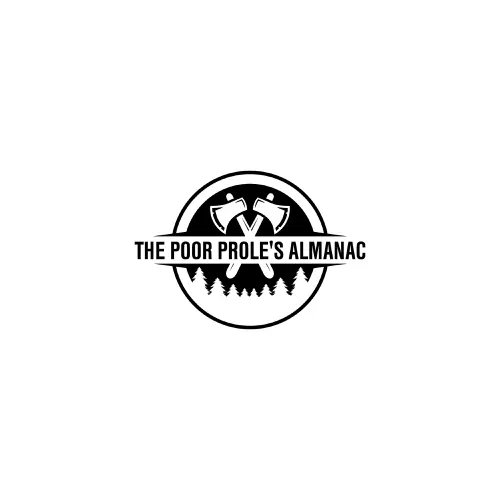
The ReImagining Miniseries: What is Work & The Bread Book
In this episode, we examine Peter Kropotkin's "The Conquest of Bread" to understand how work could function in a new society after a collapse. We begin by emphasizing the book's enduring relevance and accessibility. Although published in 1892, "The Conquest of Bread" offers valuable insights into how to transition to a new society after a significant disruption. We suggest that an anarchist framework is particularly suitable for fostering resilient communities during the turbulent post-collapse phase.
Transitioning to a Stateless Society and Addressing Scarcity
We then discuss Kropotkin's concept of the "transitory phase," the period of transition to a stateless society. Kropotkin argues that previous revolutions faltered because the working class feared scarcity during this period, and rural populations were wary of accepting potentially worthless currency. Successful transition hinges on urban populations reaching out to rural communities and establishing a gift economy to alleviate these fears.Ownership, Labor, and "Meaningful Work"
We transition to Kropotkin's exploration of the history of work and our inherent rights to the products of labor. He posits that as inheritors of generations of labor, we possess the right to claim the fruits of that work. This leads to a critique of intellectual property and the arbitrary nature of ownership in the current system. We posit that capital ownership often originates from previous systems like feudalism.We dedicate a significant portion of the episode to "meaningful work" and its separation from wealth creation. Capitalism often manipulates labor through high unemployment and long working hours to benefit capitalists. This reinforces the class system, illustrated by the example of the aristocracy in "Downton Abbey," who argued that their wealth provided employment for the lower classes.
We propose that a shift from wealth creation to meaningful work, even at the cost of economic efficiency, can lead to a better society and environment. Transitioning to meaningful work would involve moving away from tasks that don't benefit society, such as producing short-lived appliances like refrigerators. We believe that by focusing on tasks that genuinely contribute to the common good, such as regenerative agriculture, we can create a more fulfilling and sustainable society.
Addressing Concerns about Laziness and Volunteer Work
We address the capitalist fear that people will cease to work without wages, drawing on Kropotkin's counterarguments. He asserts that historical instances of emancipation, such as the abolition of slavery in the US and the liberation of serfs in Russia, did not lead to widespread idleness. We propose that people are inherently motivated to contribute meaningfully to society. It's essential to recognize that many individuals labeled as "lazy" may simply be misplaced or struggling due to systemic issues like inadequate education or poverty.Kropotkin emphasizes that people are more productive when they have autonomy and see a direct benefit from their labor. We suggest that a direct democracy, where individuals witness the impact of their work on their community, can foster a stronger work ethic. We also discuss the value of volunteer work, which Kropotkin highlights as a testament to people's willingness to work without financial incentives.
Luxury in a Post-Capitalist Society
We conclude by examining Kropotkin's idea that luxuries should be accessible to everyone, not just the wealthy. He argues that reduced working hours and collective production can make luxury goods available to all. We use the example of a collective of piano enthusiasts building pianos in their free time to illustrate this concept.We emphasize that a society where people prioritize intrinsic value over wealth creation would allow them to enjoy the process of their work and leisure activities without the constant pressure of turning everything into a profitable venture. We reflect on how our podcast, created out of passion rather than profit, embodies this principle.
Concluding Thoughts and Looking Ahead
We close by emphasizing the need to rethink our relationship with work and move away from a system where we exchange labor for basic survival. We believe that Kropotkin's ideas can guide us toward a more equitable and fulfilling future. We also express concern about the environmental damage caused by capitalism. The sources include an anecdote about polluted ponds in Massachusetts and a discussion of the unsustainability of offsetting carbon emissions.For sources, transcripts, and to read more about this subject, visit: www.agroecologies.org
To support this podcast, join our patreon for early, commercial-free episode access at https://www.patreon.com/poorprolesalmanac
For PPA Writing Content, visit: www.agroecologies.org
For PPA Restoration Content, visit: www.restorationagroecology.com
For PPA Merch, visit: www.poorproles.com
For PPA Native Plants, visit: www.nativenurseries.org
To hear Tomorrow, Today, our sister podcast, visit: www.tomorrowtodaypodcast.org/